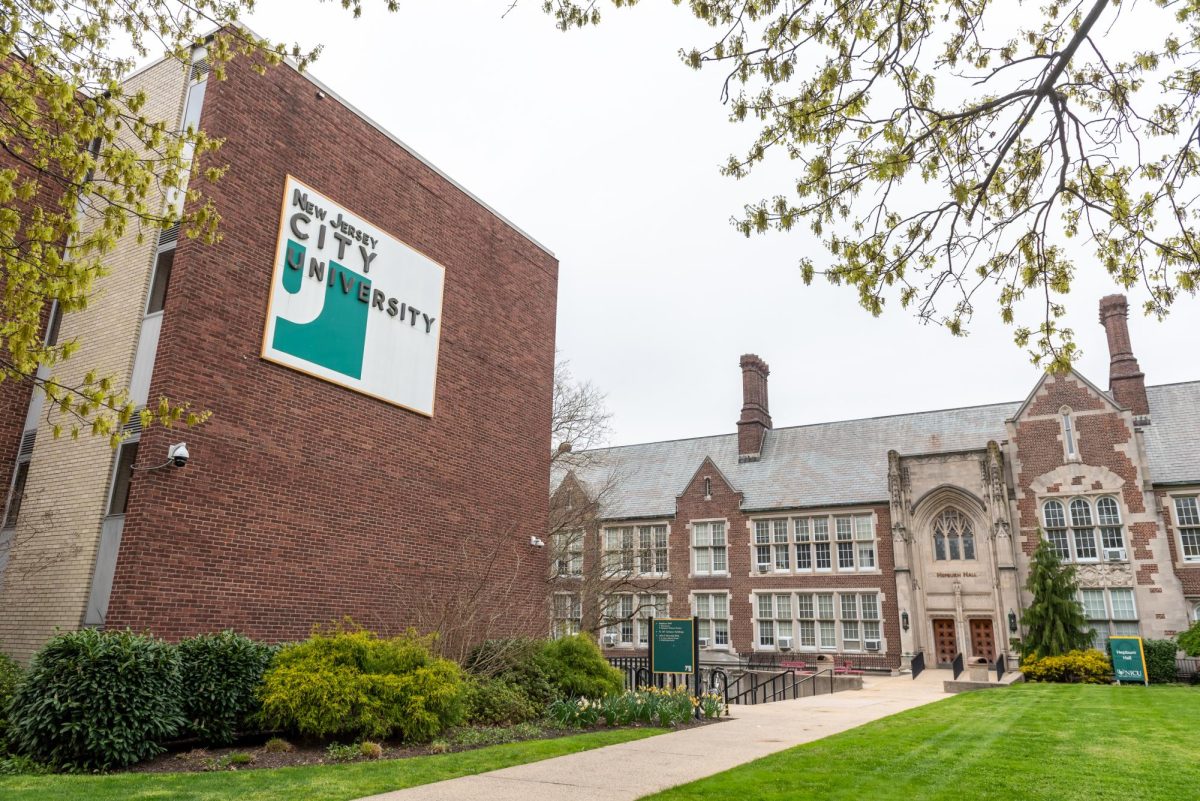By Atilla Azami –
Peer Undergraduate Mentoring Program (PUMP) continues to guide students at NJCU. If you’re skeptical of its success, just ask Alvert Hernandez, 19, secondary education major of Union City. His muse? Christian Diaz, 22, international business, from Union City.
Diaz is the ideal mentor as an exceptional student with heavy involvement in campus life. He is running for an SGO position this semester. Alvert has followed suit: not only has he been keeping up with his courses, but he is running for freshmen class president. In an interview, it was heart-warming to see the bond between Diaz and Hernandez. Diaz’s ambition and confidence has been contagious. Now, both students could be seen around campus in a formal suit, tie, and blazer ensemble.
PUMP provides additional services, such as tutoring and soft-skill oriented workshops, to students placed in a developmental math course, specifically Math 095 and Math 098.
NJCU Policy dictates that students who repeatedly fail the fundamental mathematics courses are to be academically dismissed and complete their developmental coursework at the local community college. In response to the high rate of students who drop out from the potentially discouraging policy, Ms. Rosa Perez, Executive Assistant to the Dean, Dr. Erik Morales, Associate Professor in the Education department, and Ms. Sarah Ambrose-Roman, Assistant to the Dean created the mentoring program. With the help of Ruddys Andrade from the Office of Grants and Sponsored Programs, the
PUMP program was launched with STEM grant funds.
The goals of the academic intervention are to increase the students’ motivation level, self-efficacy, and teach them academic and interpersonal skills. Each student signed up to take advantage of the program is deemed a mentee and assigned a mentor. The mentor and mentee meet at least once a week for a tutoring session. The tutorial extends beyond study skills that the mentee is encouraged to implement for his courses, especially math. The mentor assumes the position of a role model that shows, not merely tells, the steps a student should take to be successful academically and, often, socially.
Diaz said, “As a mentor, you have to exercise psychology. If you don’t listen, you’re not going to get anywhere.” He’s been pleased and honored to be given to opportunity to help a fellow student. He added, “[PUMP] gives you an open mind not only to help others, but also to help yourself… [PUMP] increases your understanding and respect of each other’s cultures.”
Hernandez seemed understanding beyond his 19 years as he expressed the importance of humility and remaining teachable. He said, “A lot of students think they don’t need it. [Success] comes with the willingness to learn and accept criticism.” He added, “You have to humble yourself.”
In an interview with Ms. Rosa Perez, she said that one the leading impediments to the education of the students at risk was the lack of social skills. She also found that most of the students who were struggling with the courses spent no time on campus except to attend class: they had no campus involvement. If a student didn’t understand the material, he didn’t have the knowhow or courage to ask the appropriate sources. PUMP’s greatest success very well may be to instill in students the lifelong mantra: “if you don’t know the answer, just ask.”







